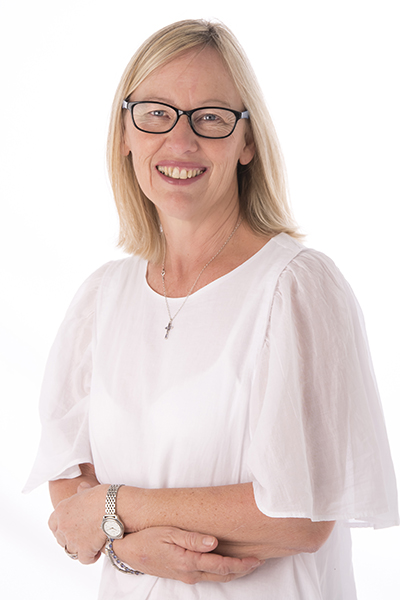Latest News Archive
Please select Category, Year, and then Month to display items
09 December 2020
|
Story UFS entral academic advising team
|
Photo Pixabay

It wasn’t easy, but we all got to this point because we stayed calm and made the effort to learn on even when it was difficult.
The University of the Free State (UFS) has remained committed to supporting you in every way possible, and as you prepare for the final assessments, remember to access the support tools you will need in order to successfully complete the 2020 academic year: https://www.ufs.ac.za/toolsforsuccess
Main exams are running from 30 November to 19 December 2020
All of the best, and break a pen in your upcoming final assessments. For those of you who will be graduating, we cannot wait to see you in that graduation attire; and those who still have some way to go, we cannot wait to serve you again in 2021 as we continue the pursuit of academic success!
Below are five main study tips that you can use for final assessment success:
1. Set a realistic study schedule
You might think that studying for eight hours straight for four days before the exam, will help you get through the work in time. See final edition of the #UFSLearnOn for more information.
2. Structure and organise your work
If your notes are organised, it is also easier for your brain to recall information, even when you become nervous during exams.
3. Practise with an old exam/semester test paper
Practice makes perfect, and although the final assessments might look different in how they are administered, it will still help to practise using old tests and exams.
4. Adapt your strategies to the content
What works for one module or even one learning outcome, might not be effective for another. You need to continually adapt your note-taking and study approaches. See #UFSLearnOn final edition for different study methods.
5. Healthy body, healthy mind
Your brain needs optimal care to perform at its best, and getting physically active (even if it is by jumping in one spot if space is limited) forces your body to release neurotransmitters responsible for positive emotions, which assist in retaining information in your memory …
Download the final edition of #UFSLearnOn that points you towards the resources you’ll need to ace your final assessments and end 2020 off on a high note!
UFS Expert: Prof Felicity Burt investigates zoonotic and arboviruses
2017-12-13

Prof Felicity Burt recently received a B-rating from the
National Research
Foundation.
Photo: Sonia Small
Prof Felicity Burt is from the Division of Virology in the Faculty of Health Sciences at the University of the Free State (UFS), as well as the National Health Laboratory Services (NHLS). She currently holds an NRF-DST South African Research Chair in vector-borne and zoonotic diseases. Professor Burt and her research group investigate arboviruses and zoonotic viruses.
Prof Burt’s research primarily focuses on host immune responses to arboviral infections specifically characterising humoral and cellular immune responses in patients with infections such as Crimean-Congo haemorrhagic fever (CCHF) virus and Sindbis virus; epitope discovery for development of diagnostic tools; development of molecular and serological assays for surveillance purposes; virus discovery; and the development of vaccines.
Raising awareness of these viruses, defining associated diseases, and developing tools for surveillance programmes will contribute to understanding these pathogens as well as the public health implications.
Leads research group in papilloma viruses
Arboviruses cause outbreaks of disease in South Africa annually. Outbreaks are usually associated with heavy rainfall favouring the breeding of mosquitos, but these viruses also have the capacity to spread and become endemic in new areas where competent vectors are present.
In addition, she is leading a research group that investigates human papilloma viruses (HPV) associated with head and neck cancers and recurrent laryngeal papilloma.
The focus of this research group is to ascertain the genotypes of HPV causing these diseases, identification of novel biomarkers for early detection, and complete genome sequencing for molecular characterisation of HPV isolates.